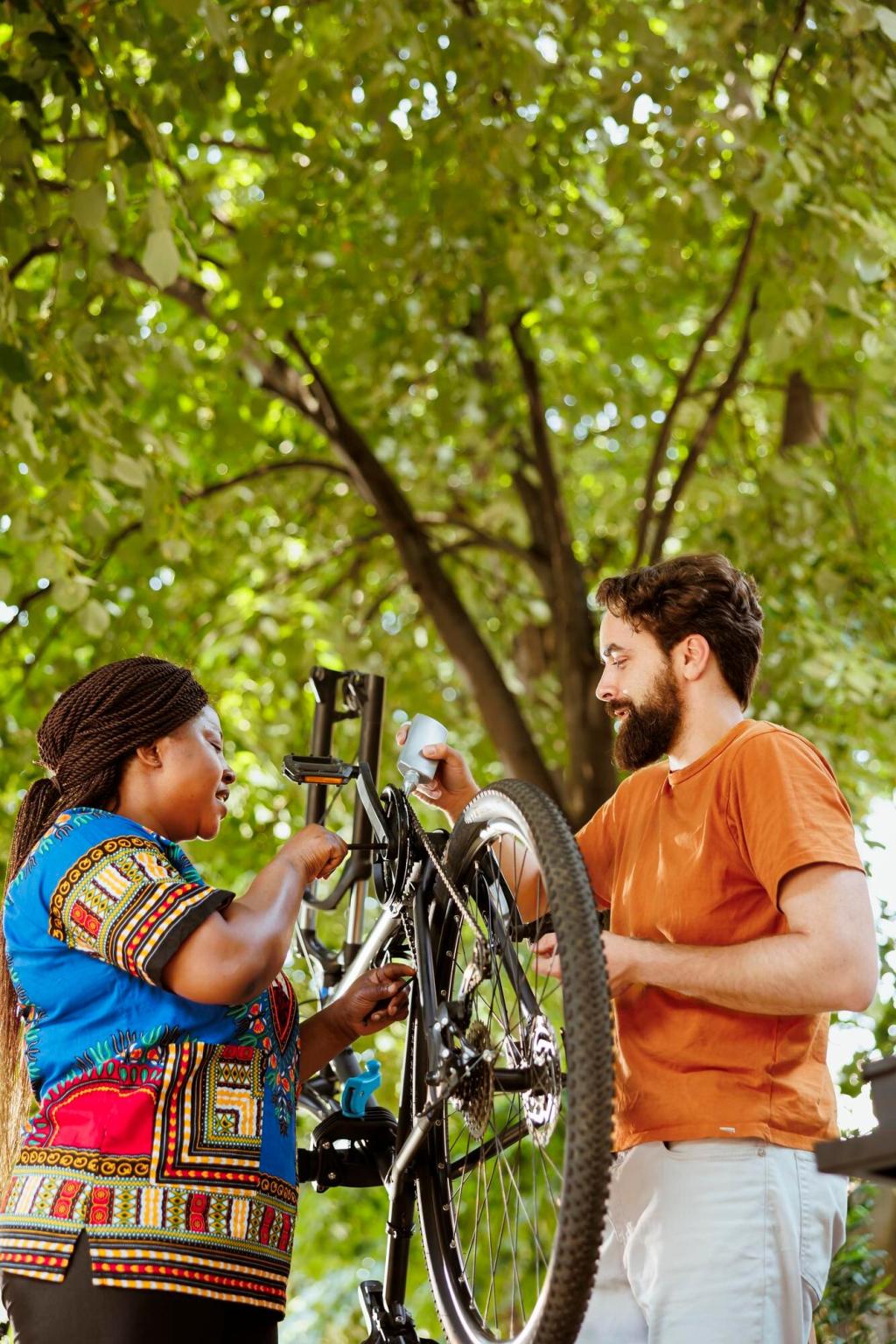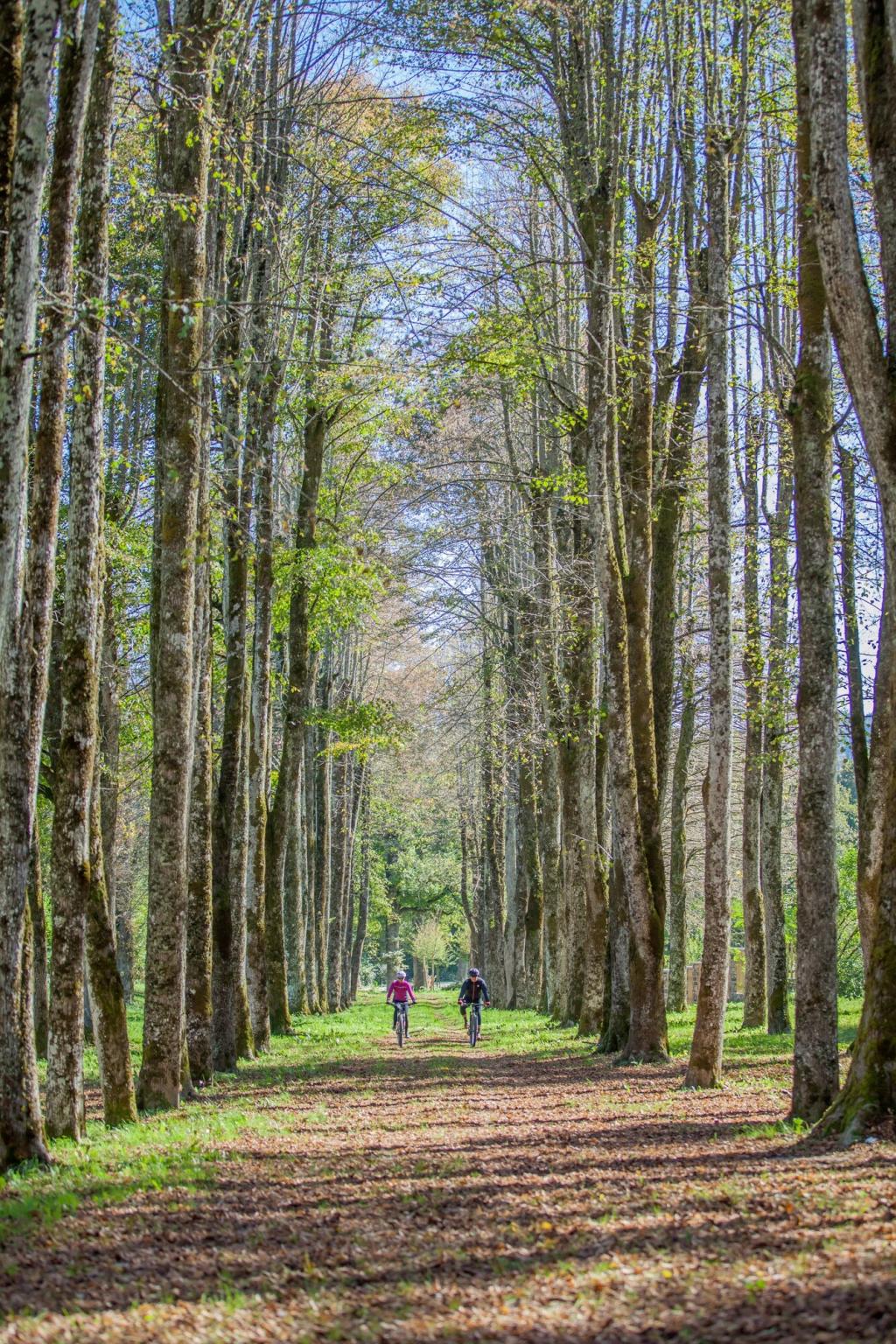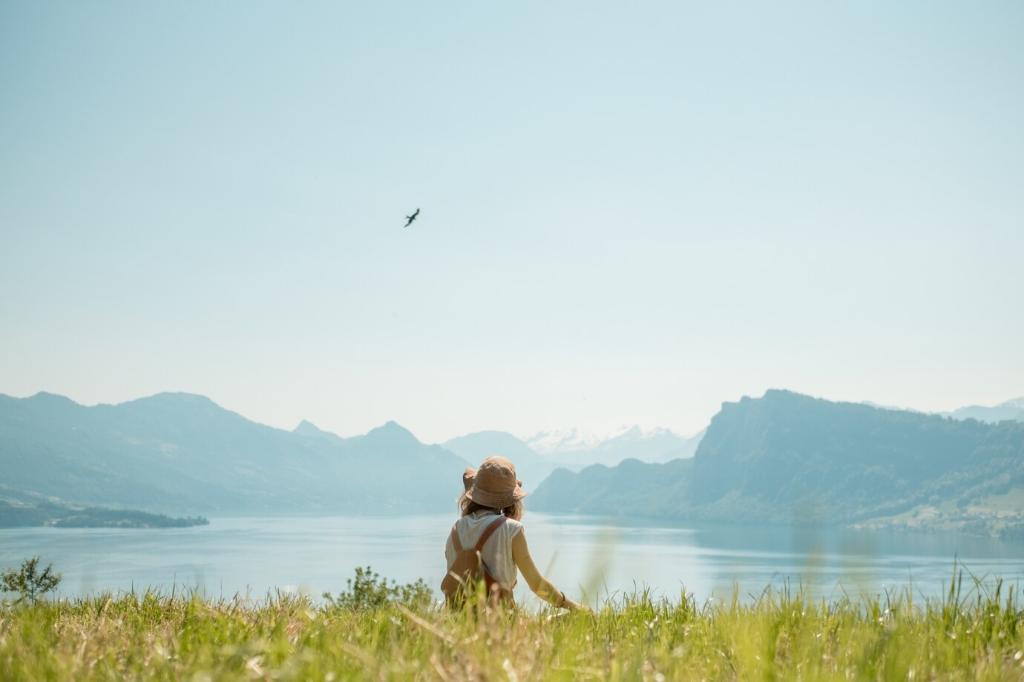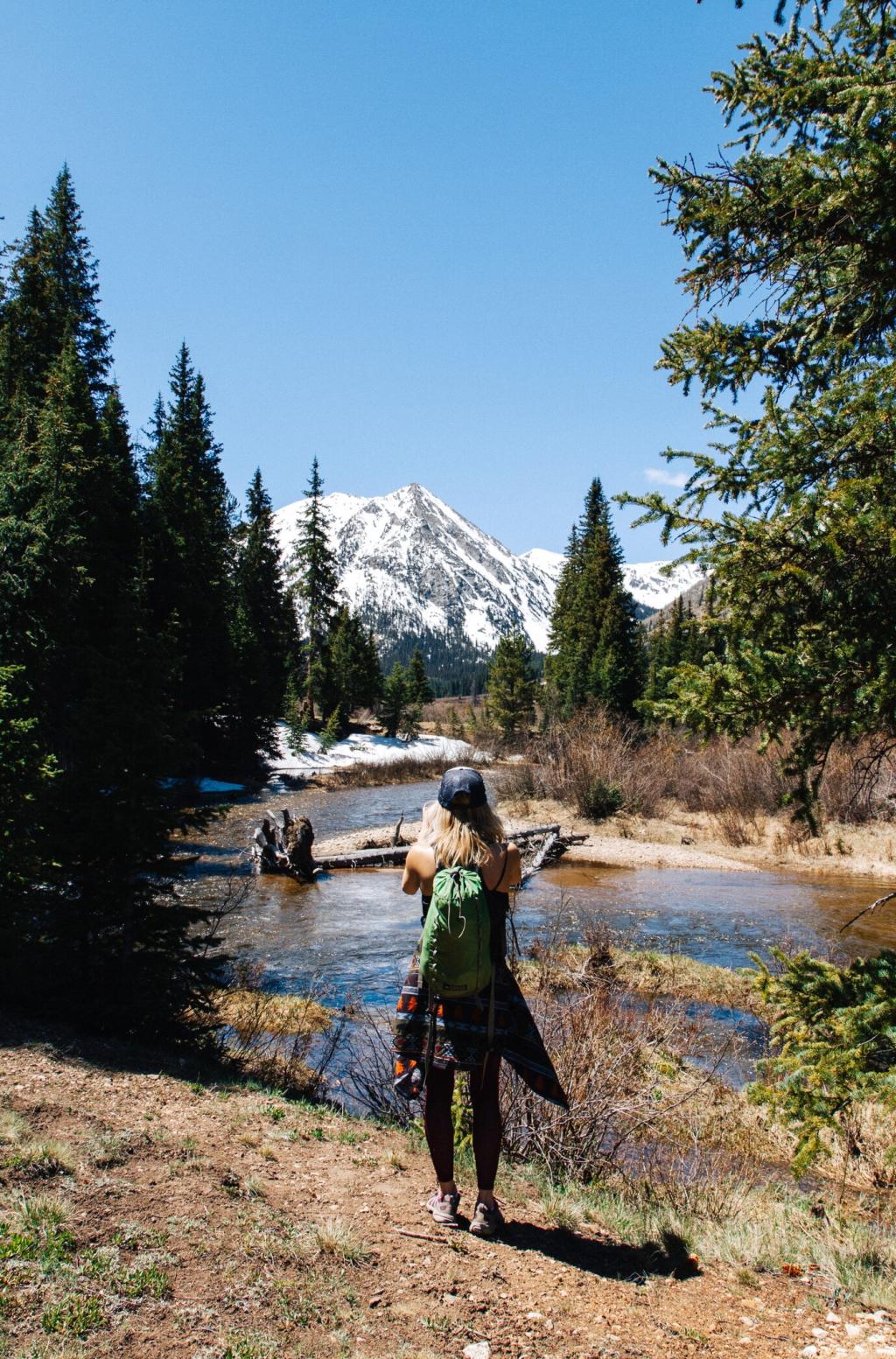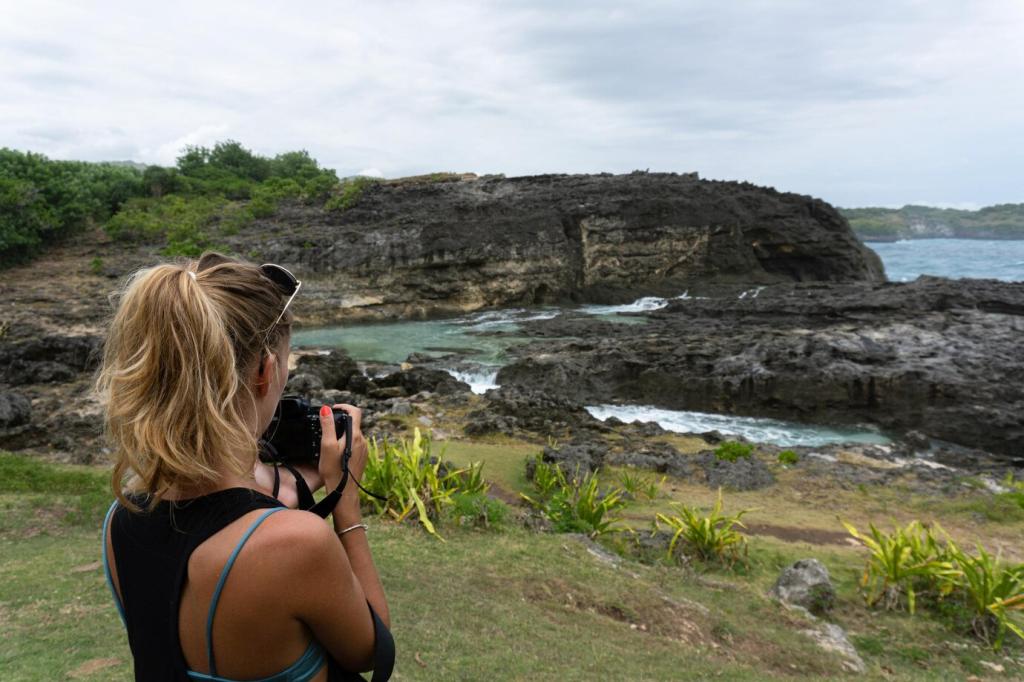Planning an Ethical Safari
Look for Global Sustainable Tourism Council alignment, Fair Trade Tourism, or independent audits. Read beyond glossy photos: policies on off-roading, night drives, and cultural visits reveal values. When in doubt, email questions—ethical teams happily explain the why behind every rule.
Planning an Ethical Safari
Shoulder seasons can ease crowding and support year-round employment, while diverse ecosystems reduce strain on famous hotspots. Consider community conservancies and lesser-known parks. Your curiosity can redistribute attention, funding, and hope across wider landscapes that urgently need it.


